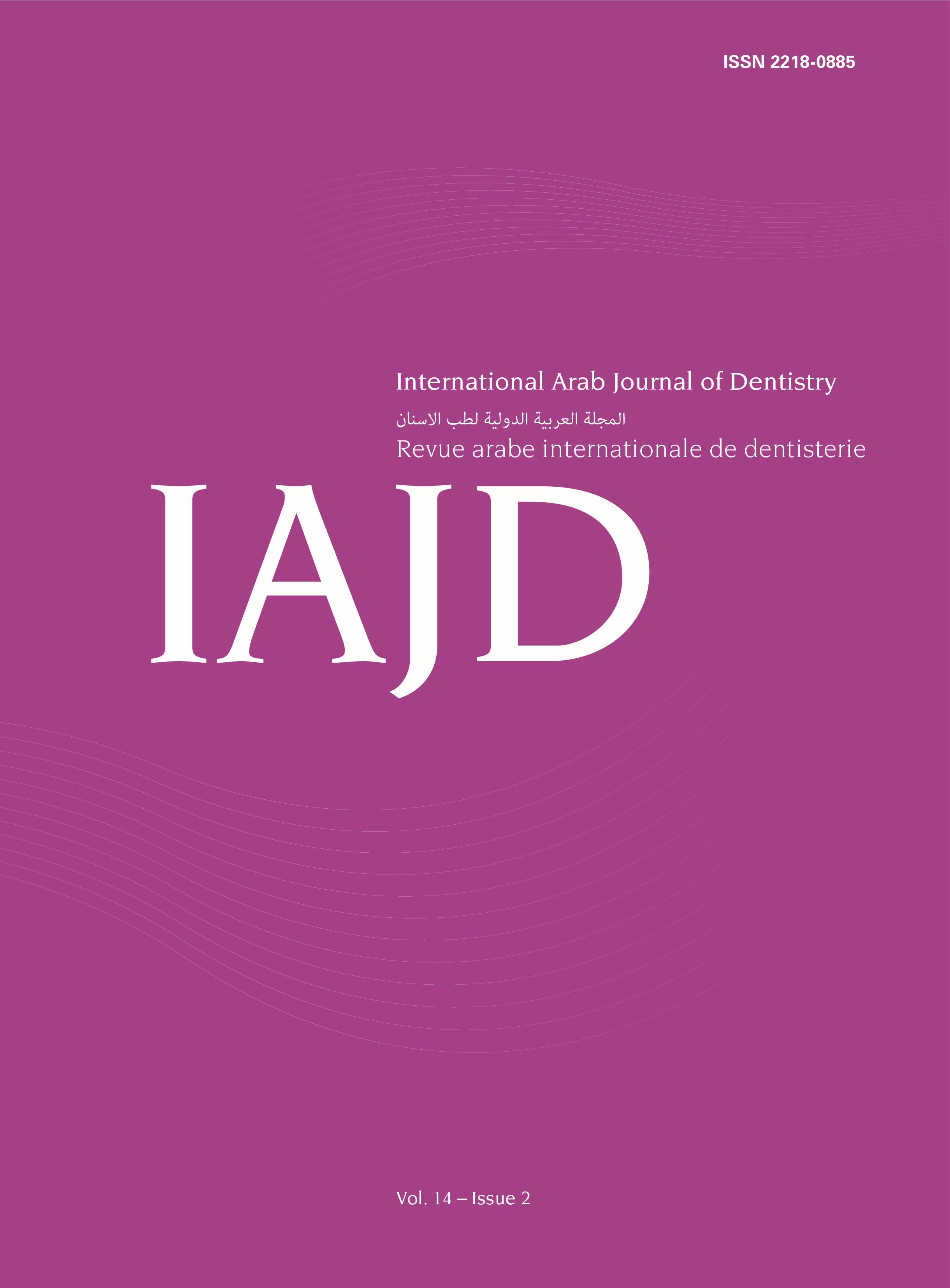Abstract
Introduction: The study aimed to assess and compare the effectiveness of chlorhexidine and hyaluronic acid when used as an adjuvant to professional mechanical plaque removal (PMPR) in the treatment of orthodontically induced gingival enlargement.
Methods: The study conducted was a randomized controlled clinical trial involving 45 patients. The patients will be categorized into 3 groups; control group receiving conventional PMPR, study 1 group receiving PMPR and chlorhexidine (CHX), and study 2 group receiving PMPR and hyaluronic acid (HA). Probing depth (PD), Gingival overgrowth index (GOI), gingival bleeding index (GBI), and plaque index (PI), will be recorded at baseline, 1 month, 2 months, and 4 months’ post therapy. A bivariate analysis was conducted to evaluate the parameters in function of the three study groups, and to evaluate the changes in PD and GBI between baseline, month 1, month 2 and month 4 in the three study groups.
Results: A significant reduction in probing depth and gingival bleeding was observed in the three groups (p 0.05). The change in PD, PI, GBI and GOI was more in Group 1 and Group 2 than in the control group. Hyaluronic acid demonstrated the same effect of chlorhexidine.
Conclusions: HA is just as effective as CHX in treating gingival enlargement. Based on the acceptance of HA by patients generally and the negative effects of CHX, HA may be a potential alternative to CHX.

